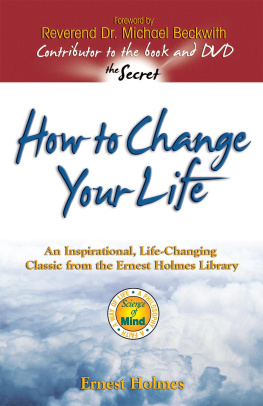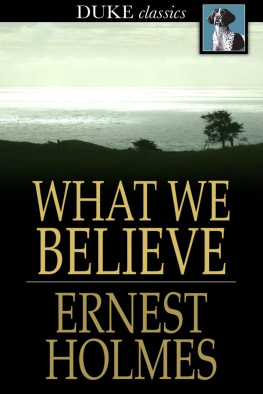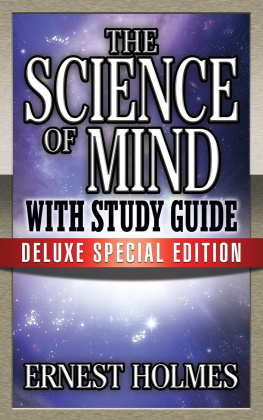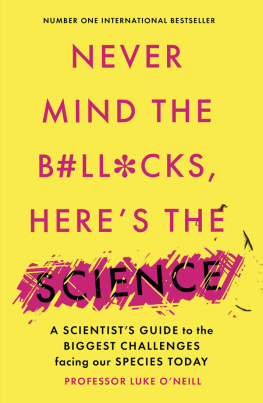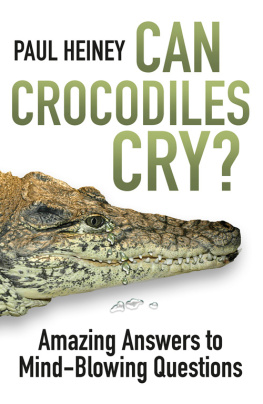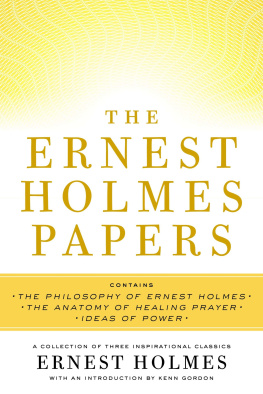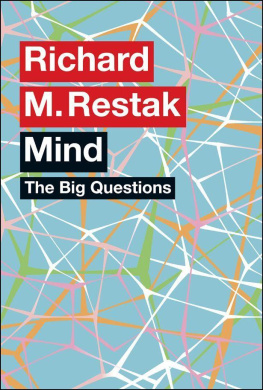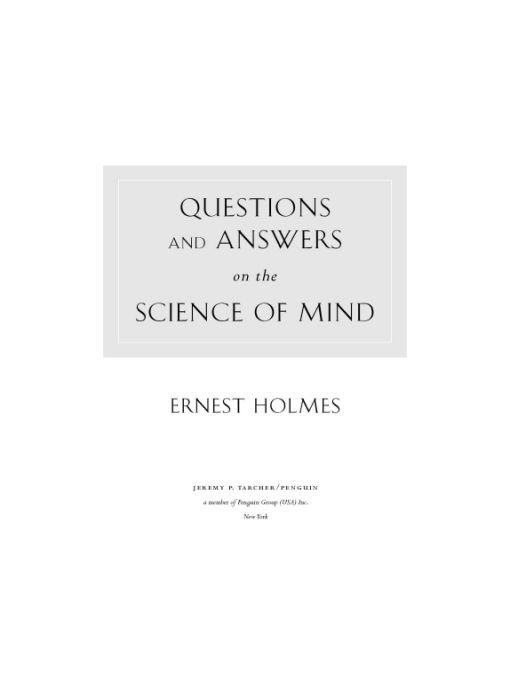Table of Contents
TARCHER/PENGUIN TITLES BY ERNEST HOLMES
365 Science of Mind
A New Design for Living
The Art of Life
Creative Mind
Creative Mind and Success
Discover a Richer Life
The Essential Ernest Holmes
The Hidden Power of the Bible
Living Without Fear
Love and Law: The Unpublished Teachings
Prayer
The Science of Mind: The Definitive Edition
This Thing Called You
PART ONE
SOME BASIC METAPHYSICAL ISSUES
THE MEANING OF DIVINE MIND
Q: Why do you use such names as Universal Intelligence, Divine Mind, and Spirit in place of God, when they all mean the same thing? This is confusing to a beginner.
A: They dont all mean exactly the same thing. When, in regard to individuals, we say spirit, conscious life, conscious mind, self-conscious mind, objective mind, or Christ Mind, we mean that aspect of us which enables us to be consciously aware of ourselves and the world. When we say subjective, subconscious, creative consciousness, creative mind, soul, unconscious, and psyche, we mean that aspect of us which automatically reacts to our conscious thought. These words used in relation to the Infinite Being mean the same thing, but on the scale of the Universal.
THE SPIRIT OF THE INDIVIDUAL
Q: The spirit of the individual cannot be seen. How do we know it exists?
A: We do not see beauty; we see that which is beautiful. We do not see love; we see that which is lovelywe feel the presence of love through loveliness, just as we sense an atmosphere of beauty in that which is beautiful. We do not see intelligence; we see its manifestation. The same is true with regard to the spirit of the individual. We do not see that spirit, but the effect it produces is positive evidence of its reality.
WHO MAY USE THE LAW?
Q: Can we obtain results by using the Law of Mind and Spirit even if we have not previously been aware of this Law?
A: Most certainly. The Law of Mind and Spirit is a universal law and we are all using it every moment.
INVOLUTION AND EVOLUTION
Q: What do you mean by involution and evolution?
A: Involution precedes evolution in the creative sequence. Before anything can evolve it must first be involved.The act of involution is a conscious one. For example, the planting of a seed is involution, a conscious invocation of the law of productivity by the gardener. The seed is an idea specializing the law, having a definite purpose, which is that of producing its own type. But before the seed can produce a harvest, it must fall into the ground, where the natural processes of creation, or evolution, begin. Everything that happens next, from seed to harvest, is intelligent but unconscious, a mechanical process. When we study evolution, we are studying a mechanism and not spontaneity. Evolution follows involution with a mechanical exactness.
THE INFINITE
Q: Is the Infinite either increased or decreased by the existence or the nonexistence of other realities which derive their being from it?
A: No, because that which derives being from it is still the Infinite, which is manifesting itself from its own self-existence.
SELFKNOWINGNESS OF SPIRIT
Q: What do you mean by the self-knowingness of Spirit?
A: We mean that SpiritGod or First Cause or Principleis conscious of its own Being. It is, and it knows. It knows itself to be Absolute, All. It knows itself to be Life, Idea, and Manifestation. It knows itself to be Free Choice and Volition. It knows there is nothing outside of itself. It is conscious of itself as All there is. It knows itself to be Truth, Love, Cause, and Effect. Spirit is the only Power in the Universe that is conscious of itself, or of its Beingness.
SPIRITUAL INSIGHT
Q: How can a person develop spiritual insight?
A: Emerson said, We must learn to listen greatly to the self. We should practice being perfectly still and waiting for our own mind to speak. We should listen, not as though we are making ourselves receptive to spiritual influences, but knowing that perfect Intelligence flows through us. For instance, if we desire to know anything, we should seek to recognize that Infinite Intelligence, operating through us, acquaints us with what we want to know. Thus, Gods knowledge becomes our conscious knowledge. Wisdom passes from potentiality into actuality.
INTELLIGENCE AND EVOLUTION
Q: Is intelligence the result of evolution?
A: No. Evolution is the result of intelligenceCosmic Intelligence. The starting point of evolution is Intelligence; the unfolding of Intelligence is evolution.
GOD AND THE LAW
Q: Is the term Divine Law synonymous with Mind or with God?
A: It denotes an aspect of God, an aspect of Mind. God as Spirit is synonymous with universal Intelligence in a conscious state. Divine Law, by contrast, is subjective and not consciously aware of itself. The term Divine Law is synonymous with the Universal Subjective Law. It is never self-knowing, though it is always self-doing. It knows how to do, but not what it is doing. The soil knows how to grow corn, but not that it is growing corn.
RESPONSE TO OUR DESIRES
Q: What is it that responds to our desires and gives us specific directions?
A: It is that in us which is one with Spirit, wherein the potential of all knowledge exists, ready to spring into being. From this viewpoint there is no question which does not have an answer in Mind. The answer is not necessarily conscious right now, but it has the potential to be conscious, and the moment a demand is made upon Mind, the response to this demand is created out of pure intelligence.
NO ULTIMATE, DESTRUCTIVE UNIVERSAL ELEMENT
Q: Is there a destructive element in the universe?
A: Forms are created and then disappear so better ones may take their place in the scheme of evolution. This seems to involve a destructive element, but the destruction follows a stern and inescapable preference on the part of the universe for the inevitability of good, which will finally prevail. If the universe had actual independent destructive elements in it, it would self-destruct. A kingdom divided against itself cannot stand.
ATTRIBUTES OF MIND
Q: What is meant by in Mind? What Mind, whose Mind? And where is this Mind?
A: Mind may refer either to conscious Spirit or to the universal principle which is subjective to Spirit. Mind is a dual unity. As Spirit it is conscious; as Law it is subjective. In regard to a spiritual treatment (an affirmative prayer), the expression involved or implanted in Mind means that the essence of the prayer is now known in Mind and the answer will be revealed outwardly as the response to the prayer. Pure Spirit, which is the potential knowledge of everything, will now know the answer directly, through the individuals use of Mind.
CREATIVE POWER OF MIND
Q: What is Creative Mind?


